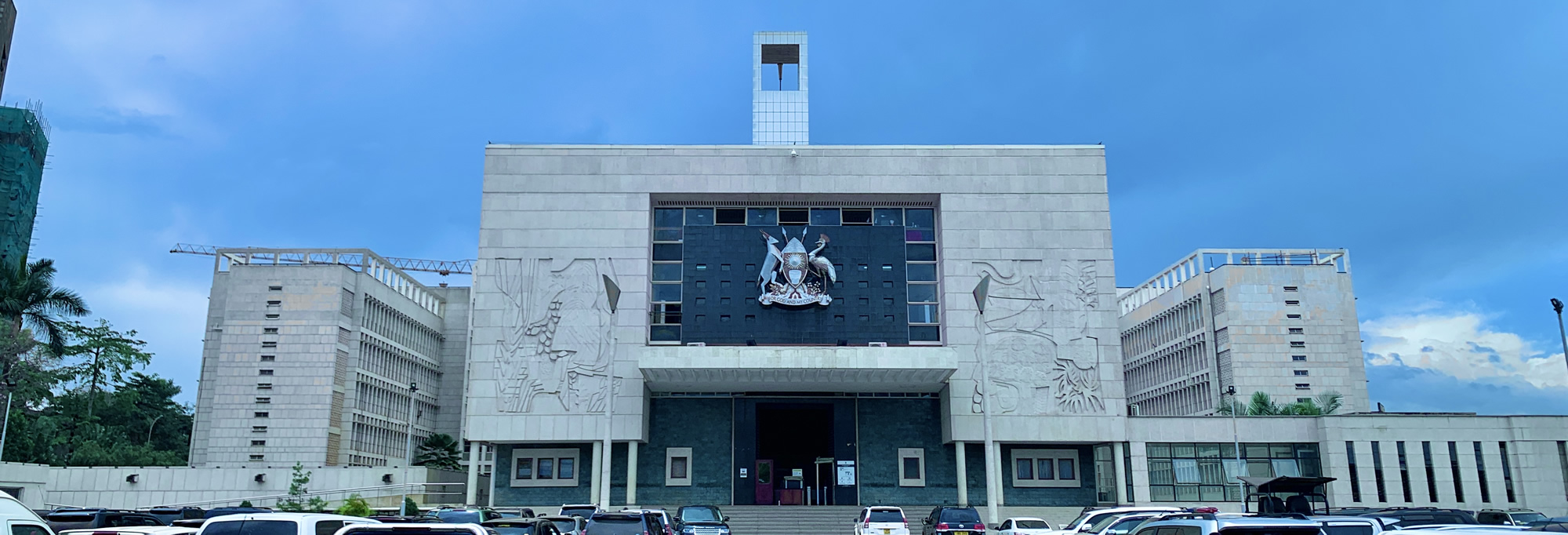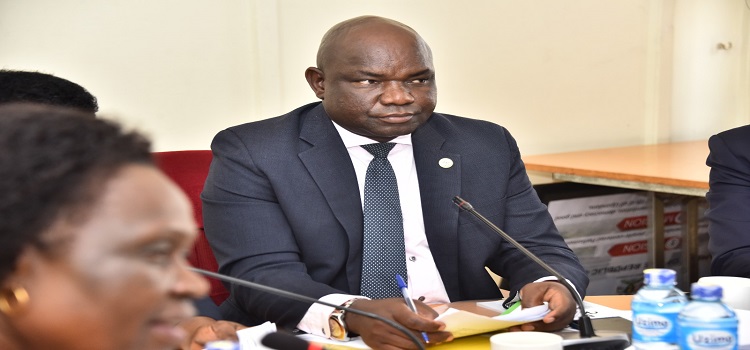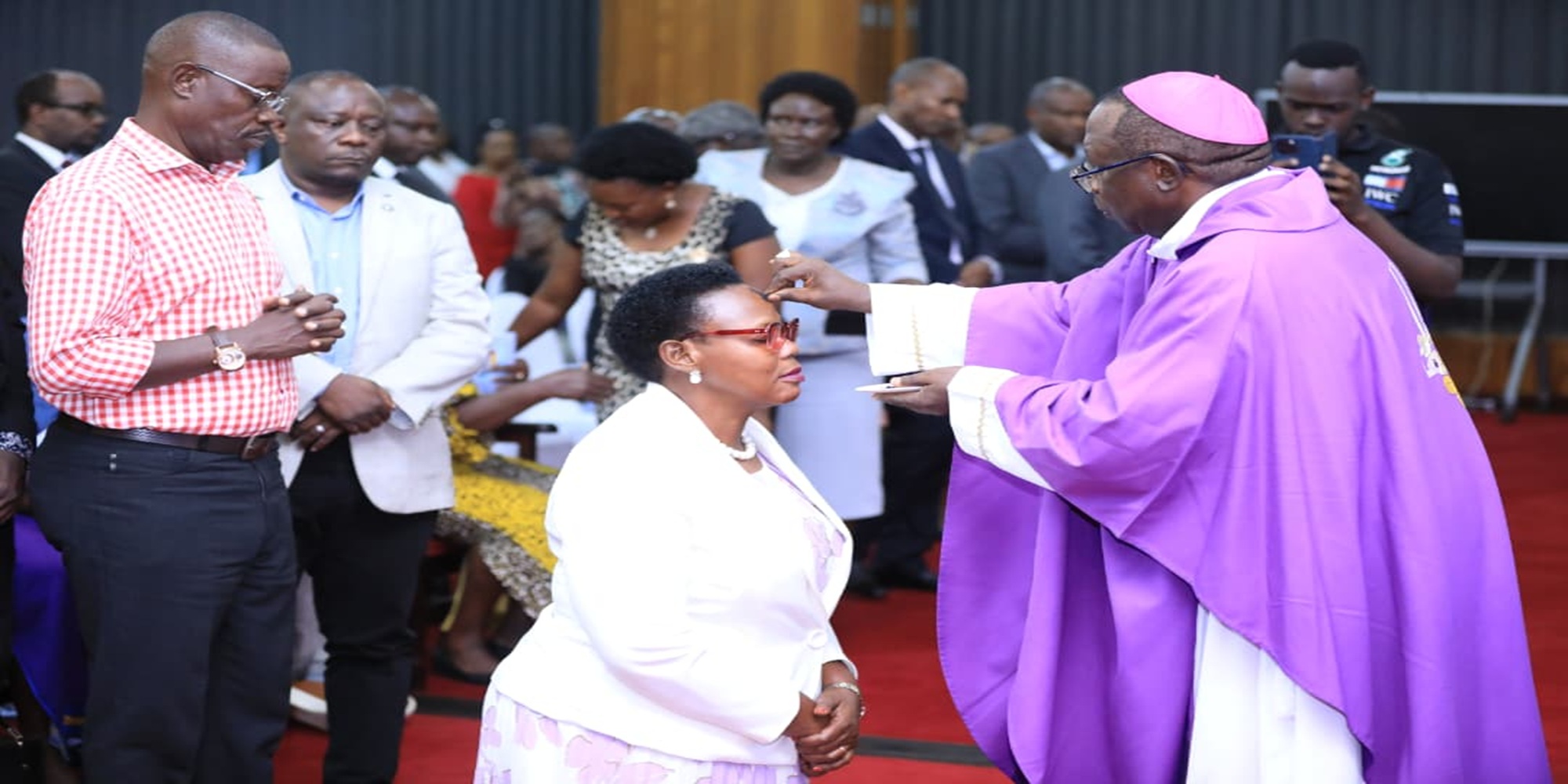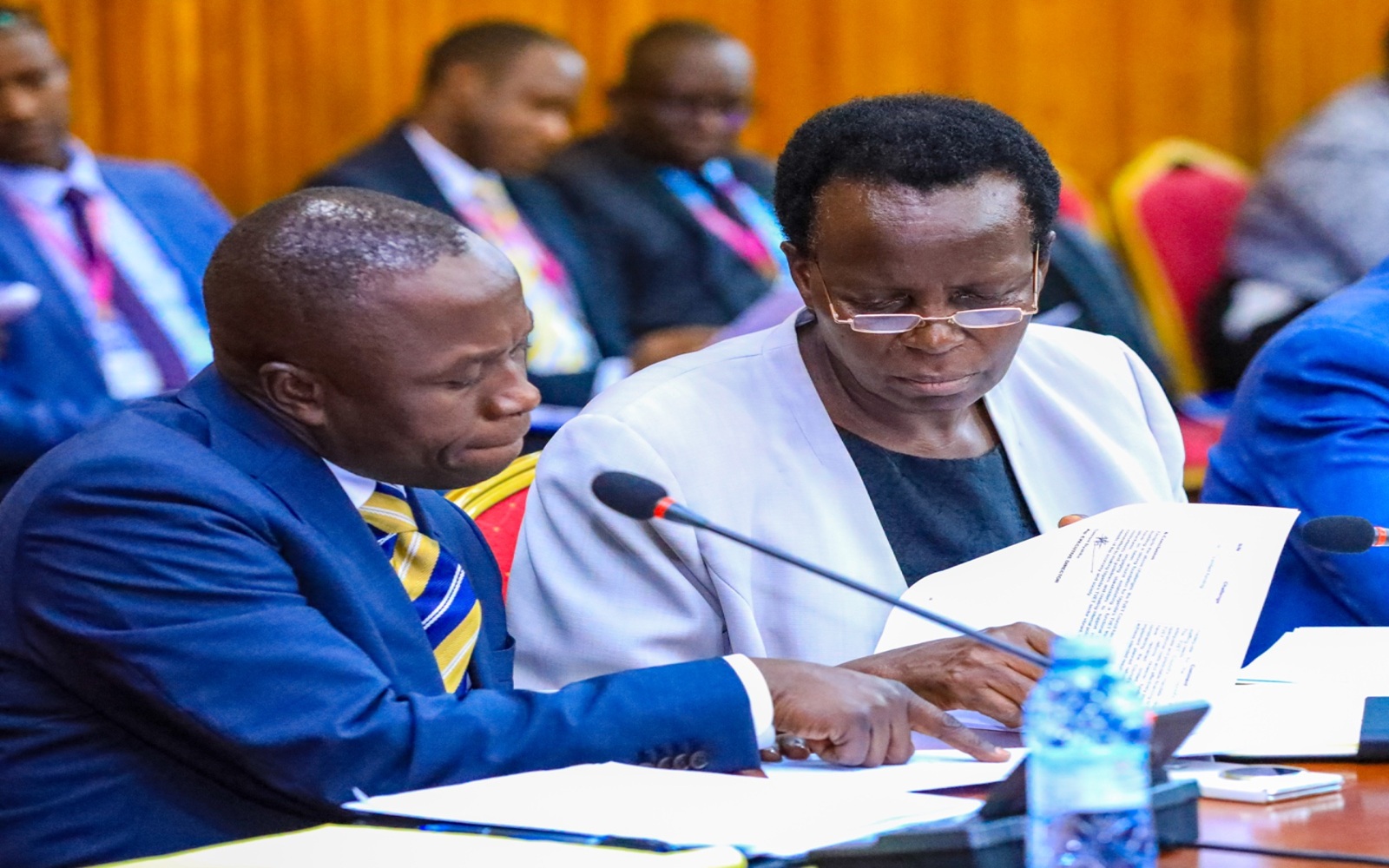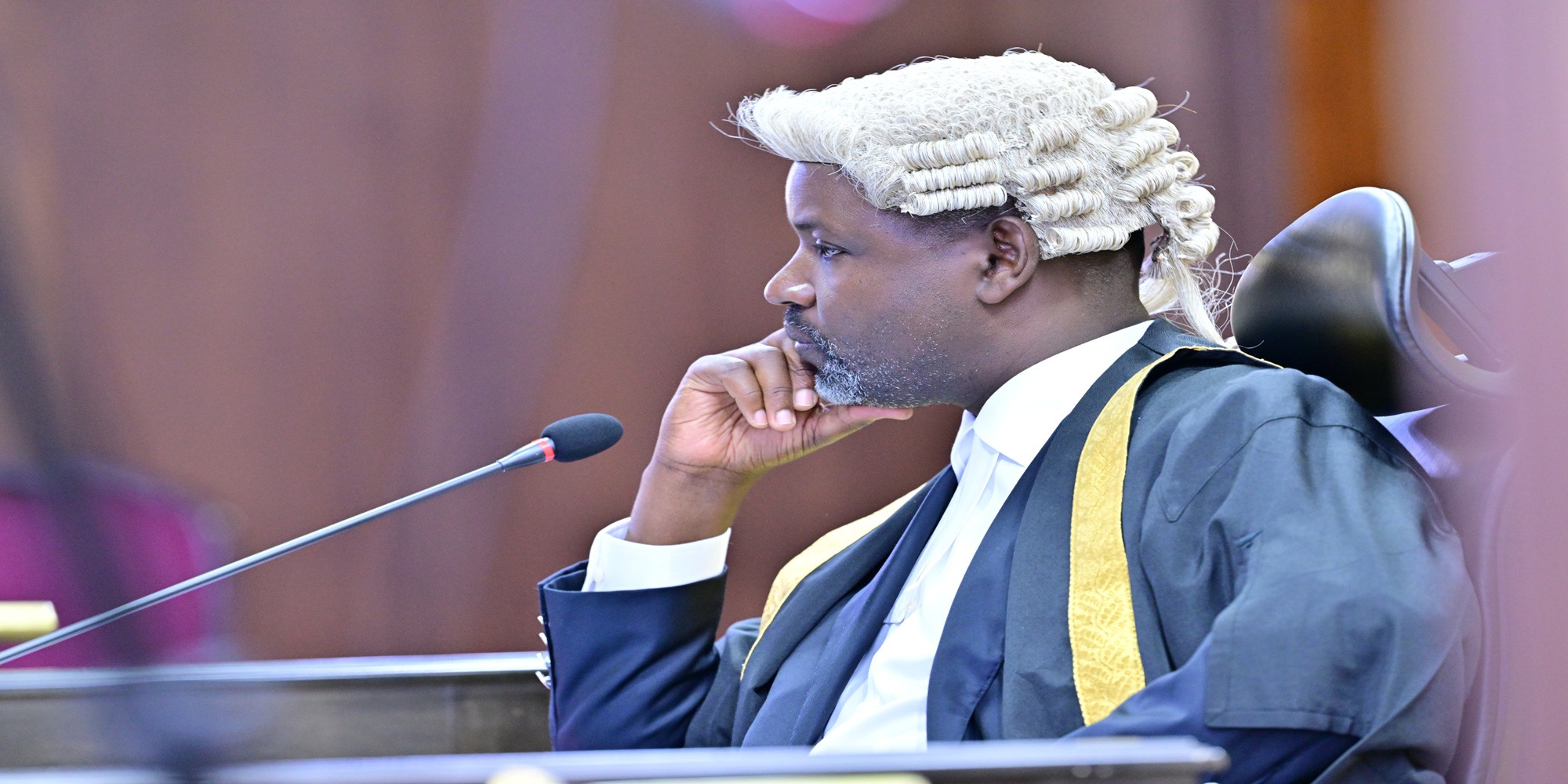Stakeholders in the energy sector have made a call for adequate support towards concretising Uganda's place in global carbon trade.
This call was made during a meeting with Members of Parliament on the Climate Change Committee on Thursday, 20 July 2023.
Carbon trade is also known as emissions trading, a market-based approach allowing countries or organizations to buy and sell carbon credits.
A carbon credit is a unit that represents one ton of greenhouse gas emissions avoided, reduced, or removed from the environment that can be traded to generate revenue.
According to the State Minister for Environment, Hon. Beatrice Anywar, Uganda has collaborated with a number of institutions and actors in carbon markets.
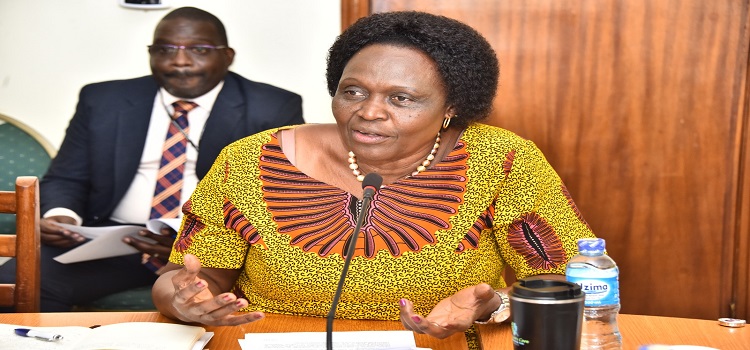
She said Uganda has been ranked one of the carbon market frontrunners in Africa, with a total of over 30.6 million tonnes of carbon credits issued under the Clean Development Mechanism and Voluntary Carbon Market standards.
“Government has ratified the Paris Agreement and developed a climate action plan known as Nationally Determined Contributions (NDC). In 2022, government committed to reduce emissions by 5.9 per cent below business-as-usual levels in 2030,” said Anywar.
She added that government will explore a non-Greenhouse gas policy measures to improve support for carbon market participation.
These include the national target to increase renewable energy access from the current 51 per cent to 100 per cent by 2040 for electricity access and 15 per cent to 50 per cent for clean cooking.
“International carbon markets are some of the sources of financing which can also be used for adaptation and mitigation efforts. Government is strengthening the enabling environment by developing regulations and enhancing capacity development to harness available opportunities,” Anywar said.
Irene Bateebe, the Permanent Secretary at the Ministry of Energy and Mineral Development said there is a steady growth in demand of global carbon credits, attributed to a growing number of businesses and corporate net-zero commitments.
She however, observed that the carbon markets ecosystem in Uganda is fragmented with mostly small-scale projects that offer minimal opportunity diversification.
“Through the Climate Finance Unit, the ministry will diversify and scale-up Uganda's carbon trade project portfolio, develop national policies, regulations and guidelines and build validation and verification capacity,” said Bateebe.
She added over eight million credits have so far been issued between 2012 and 2020, accruing from projects developed under the Clean Development Mechanism like Bujagali Hydropower Project and West Nile Electrification Project.
The Committee Chairperson, Hon. Lawrence Biyika Songa said it is key to know the quantity of what is being sold so that Uganda's carbon credits get good value on regional and international markets.
Hon. Enos Asiimwe (NRM, Kabula County) noted the need to move fast on establishing regulations and mechanisms to ensure that Uganda benefits from carbon trade in competition with other markets.
